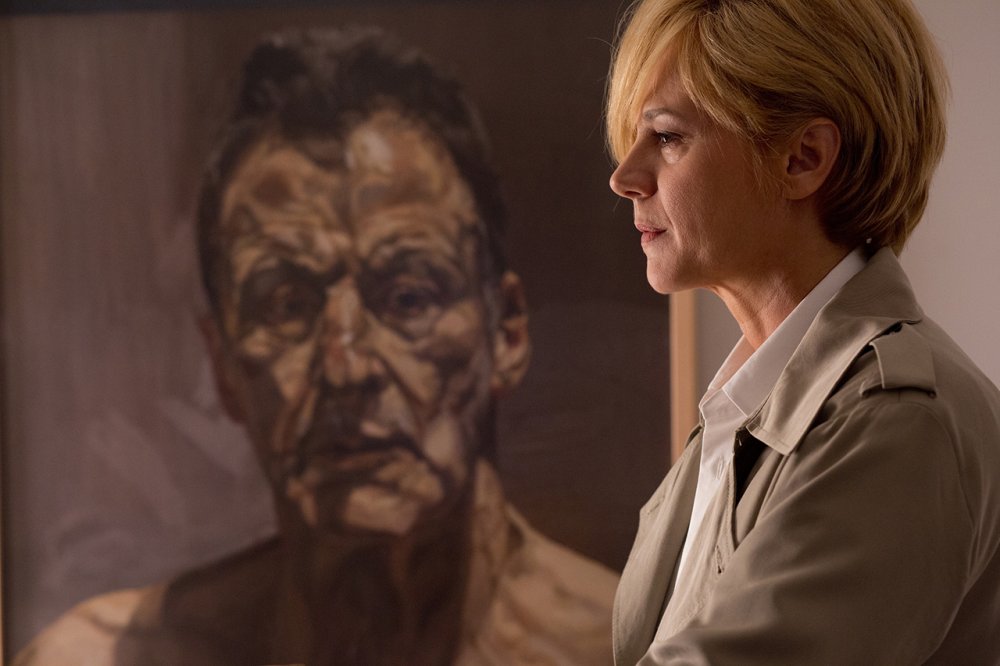
In opening his adaptation of Alice Munro’s three short stories—“Chance,” “Soon,” and “Silence”—Pedro Almodóvar shows us what looks like a red curtain, breathing in and out slowly, setting the stage for the life we are about to witness. Where Munro splits her character Juliet’s tale up into three slices with no connective tissue other than its protagonist, Almodóvar approaches Julieta differently, leaning heavily on the melodrama he’s well-known for and transposing the action from Canada to Spain.
Taking these shorts as both framework and emotional grounding for the titular character—an older Spanish woman who discovers her estranged daughter Antía has been living in Switzerland and has three children—Almodóvar fills in this reflection on a life that Munro’s shorts offered with a series of original scenes and tragedies. In doing so, he creates a script that’s as considerably sprawling and aimless as usual, but intimate and focused all the time. Instead of simply feeling like an extension of Munro, it feels like a work that draws deep from Patricia Highsmith’s oeuvre to the point where, without a hint of irony, Julieta says, “I feel like a character in a Patricia Highsmith novel.”
The film presents femininity in a more casual sense than many of Almodóvar’s works do; the melodrama is restrained, not camp, serving well the tragic tale of a woman who isn’t sure about the choices she made. But as obsessive and flawed as the character of Julieta is—both adjectives that will certainly be applied to filmmaker and protagonist alike—Almodóvar never comments on her triumphs and mistakes. It simply presents her story as it happened, with the past skewed by a woman suffering from regrets abounds. Through that, it becomes a character study anchored beautifully by two leading women playing Julieta at different ages: Adriana Ugarte and Emma Suárez.
While they don’t necessarily look the same, Ugarte and Suárez are the same woman in the way they present the intense feeling of loss, be it that of a lover or a child. Past that, Ugarte’s somewhat carefree youth, particularly in those moments in which she is enjoying a life with love, contrasts Suárez’s deep regret and inability to move past the past. It’s in the present day that Alberto Iglesias’ score is at its best, enriching the mystery of how Julieta came to be the woman she is.
Though many will take issue with Julieta’s open ended conclusion, Almodóvar packs the film’s greatest punch for the song in its closing moments: Chavela Vargas’ “Si no te vás.” The singer croons painfully over the European landscape and every ounce of love and loss in Julieta is rounded up beautifully, a perfect thesis to an emotionally draining film that might be the ideal reminder to call your mother and tell her you love her.
—
Directed by Pedro Almodóvar; written by Pedro Almodóvar; based on the short stories by Alice Munro; starring Adriana Ugarte, Emma Suárez, Rossy de Palma. Daniel Grao, Inma Cuesta and Darío Grandinetti; 99 minutes.
Julieta is currently experiencing a limited theatrical release. In Miami, it opens at Tower Theater, O Cinema Miami Beach, Merrick Park Landmark, and Regal South Beach 18.



 Derek
Derek
 Isabelle
Isabelle